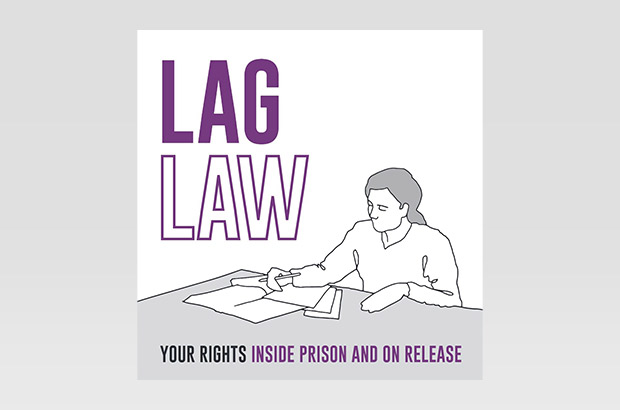Before prison: The criminal court process
Restorative justice
What is restorative justice?
If you’re thinking of pleading guilty or have already pleaded guilty, restorative justice meetings are an opportunity for you to meet with your victim, your victim’s family or other community members, to discuss the crime and to try to start putting right some of the harm that you did.
Although restorative justice meetings can be difficult, both for the victim and the offender, they can also be positive and can help both sides move on. They’re a good opportunity for the offender to show that they’re genuinely sorry for the harm that was done. The outcome of a restorative justice meeting is one of the things a judge takes into account when deciding on a sentence.
Can I be forced to go to a restorative justice meeting?
No, restorative justice is voluntary – you don’t have to take part, and neither does the victim.
When can I take part in restorative justice?
If you plead guilty, you can offer to take part in restorative justice before you’re sentenced. The courts can delay your sentencing to allow time to find out whether a restorative justice meeting is possible, including whether the victim would be willing to take part. Talk to your lawyer about this.
Some prisons also offer restorative justice meetings for sentenced prisoners. Talk to your case manager and they will connect you with the restorative justice provider in your area. For a full list of restorative justice providers, go to www.justice.govt.nz and search “restorative justice providers”.
For more information on restorative justice, go to www.restorativejusticeaotearoa.org.nz
Can I have a support person with me?
Yes, participants at restorative justice meetings are encouraged to have support people with them. This could be a friend, a whānau member, a support worker, or whoever you feel comfortable with.

